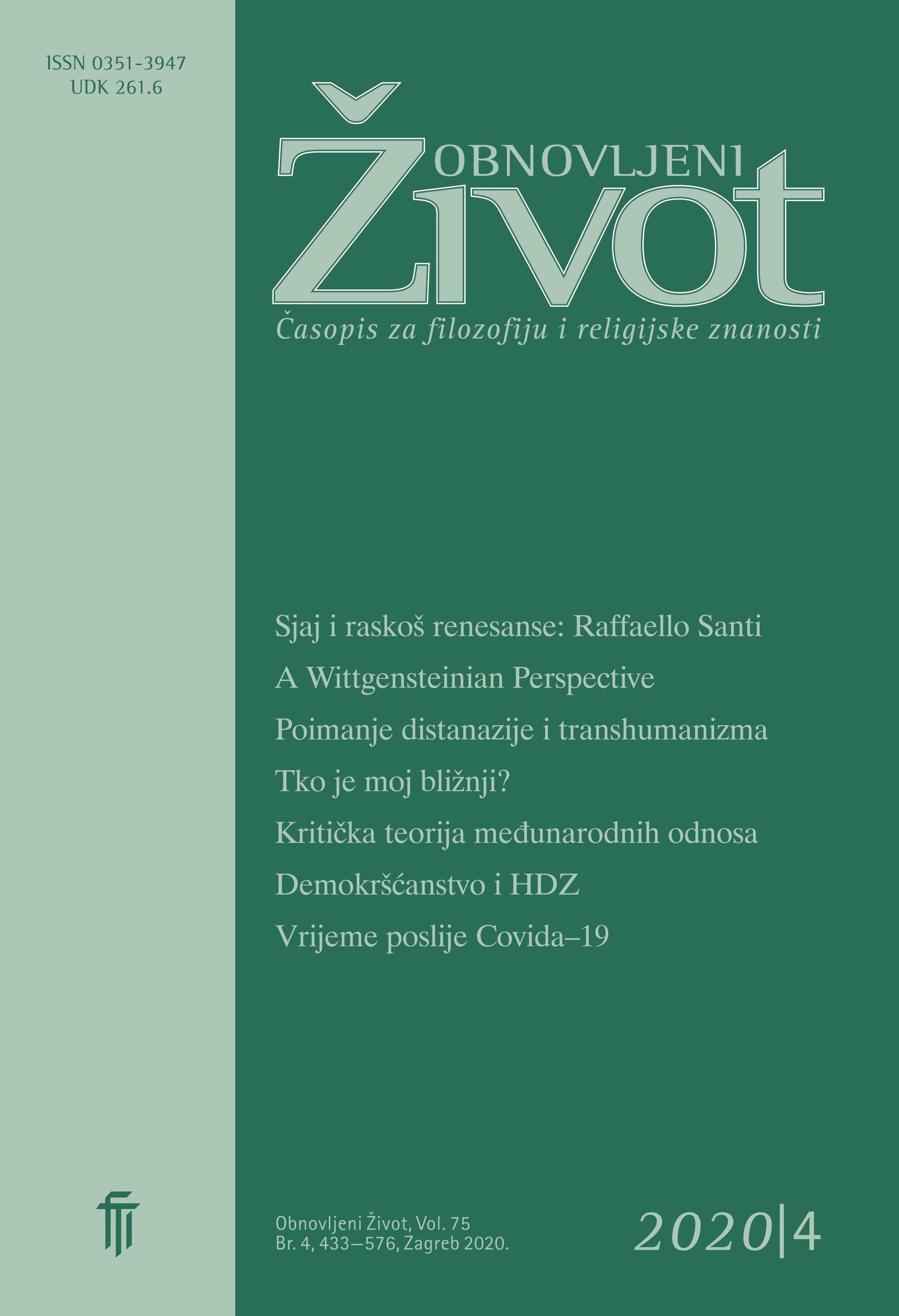„Who is my neighbour?” (Lk 10:29)
Jesus’ Relationship Towards „The Other” and to „People Who are Unlike Others”
Keywords:
Samaritan, Law, love, neighbour, responsibility, solidarityAbstract
The question of our relationship with „the other” and „people who are unlike others” is one of the fundamental existential issues that every man faces. Here we are asked to take a personal stand and act responsibly as we contemplate Jesus’ teachings on love towards God and our neighbour. This article attempts to answer the question, „Who is my neighbour?” and to define Jesus’ relationship towards „the other” and „people who are unlike others”. We reflect on Luke’s gospel as Jesus enters Jerusalem for the last time, where Jesus invites all his disciples to build a radical and authentic relationship with God and their neighbour? To help illustrate the process of building this relationship, Luke employs a beautiful communication strategy. In Luke’s gospel Jesus asks those learned in the law, „Who is your neighbour?” Rather than answer this question, Luke’s gospel describes Jesus telling the parable of the Good Samaritan. The Samaritan — in contrast to the priest and the Levite — encounters a naked man, severely beaten by thieves and left for dead on the street and does not cross the street to the other side to avoid him. Instead, the Samaritan shows compassion and extends to him a helping hand without expecting anything in return. It is through this parable that the reader is transformed. At the end of His parable Jesus poses the following question to the law–makers concerning these three men: „Who was a neighbour to the man who fell victim to thieves?” The core question is not „Who is my neighbour?”, rather it is, „To whom am I a neighbour?” It is in this ideational transformation that Jesus challenges our ideas and shatters our idea of our neighbour as it was understood at that time. Jesus asks His disciples throughout the ages to engage in an authentic and radical expression of the law of Love toward God and man.
Downloads
Published
Issue
Section
License
Jednom prihvaćeni članak obvezuje autora da ga ne smije objaviti drugdje bez dozvole uredništva, a i tada samo uz bilješku da je objavljen prvi put u Obnovljenom životu. Uredništvo će obavijestiti autora o prihvaćanju ili neprihvaćanju članka za objavljivanje.
Članci objavljeni u časopisu se, uz prikladno navođenje izvora, smiju besplatno koristiti u obrazovne i druge nekomercijalne svrhe.


